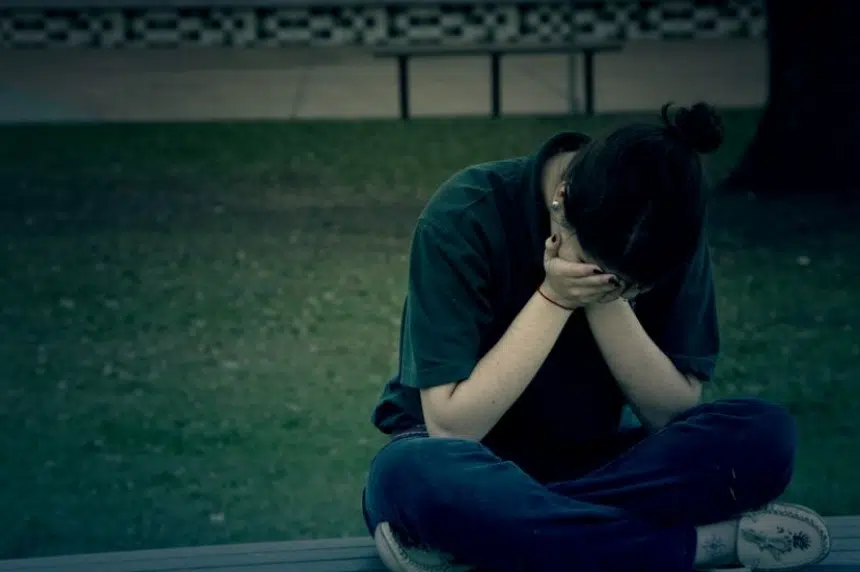Things may feel a bit overwhelming right now with the state of the world.
And it’s OK to feel overwhelmed, according to a Saskatoon registered psychologist.
Olivia Dangas says with the COVID-19 global pandemic now in its fourth month, and the current political unrest in America, it can cause a lot of stress regardless of where you are in the world.
Dangas told 650 CKOM Wednesday there’s no manual or handbook for how you should approach the current state of the world.
“None of us have experienced this before and I think we really need to remind ourselves of that,” Dangas said. “We need to allow ourselves to adjust and adapt, which sometimes requires uncomfortable feelings, sometimes requires a little bit of uncertainty, (allowing) ourselves to go at our own pace and to do what feels right to us is what’s most important.”
Dangas said the uncertainty began when the panic over COVID-19 began to set in. That, coupled with fear and uncertainty of the unknown, is when many brains went “offline.”
“Our brain does not react logically when we become scared. Fear activates our fight or flight system in our brain which is designed to protect us from threat, even if there isn’t a threat,” she said.
“Even if we perceive a threat, that maybe isn’t actually life or death (and that) will outdo logic every time.”
Dangas suggested those struggling with stress at this time should focus on what can be controlled, along with being mindful of the amount of media they take in. That also includes staying away from apps such as Instagram or Facebook, where some can become inundated with information.
“(It’s important) just having a self-care approach to things right now. Being gentle on ourselves, allowing ourselves to adjust, to change,” Dangas explained.
Her suggestions also included asking ourselves how we are feeling, asking ourselves what we need based on those feelings, along with giving ourselves all of that without any judgement or expectations of ourselves.
With change now a part of our everyday lives, Dangas reiterated that embracing the change, rather than denouncing it, is a healthy coping mechanism.
“I think we have to take change one day at a time. I think it’s a good reminder to again, focus on the facts with that instead of letting our thoughts (run) wild with what the different possibilities could be,” she said.
“Although it’s uncomfortable, it’s necessary.”
Dangas says if you do find yourself in a crisis, reach out for help.
“None of us can do this alone. That’s not how we are designed as humans. We are designed to connect. It’s reaching out to a loved one, to a family member,” she said.
Those in her industry are ready to help those looking for answers, but she said that police forces or mobile crisis centres are also there to lend a helping hand in times of crisis.











